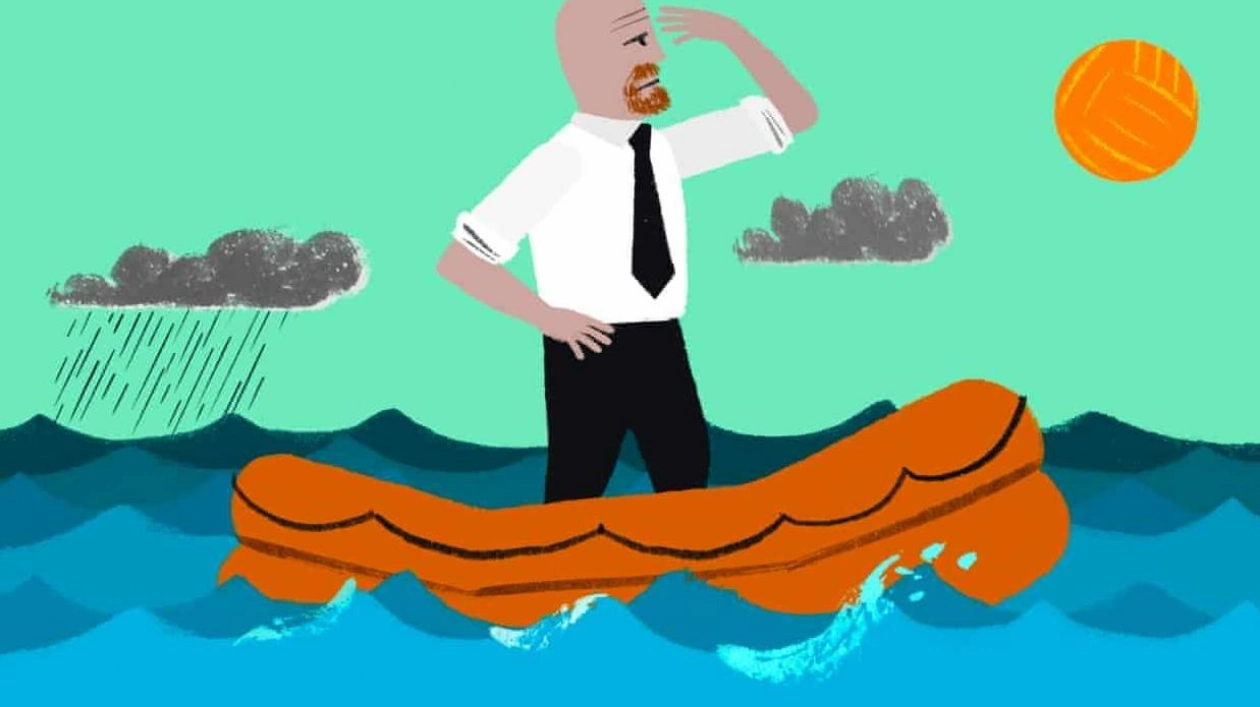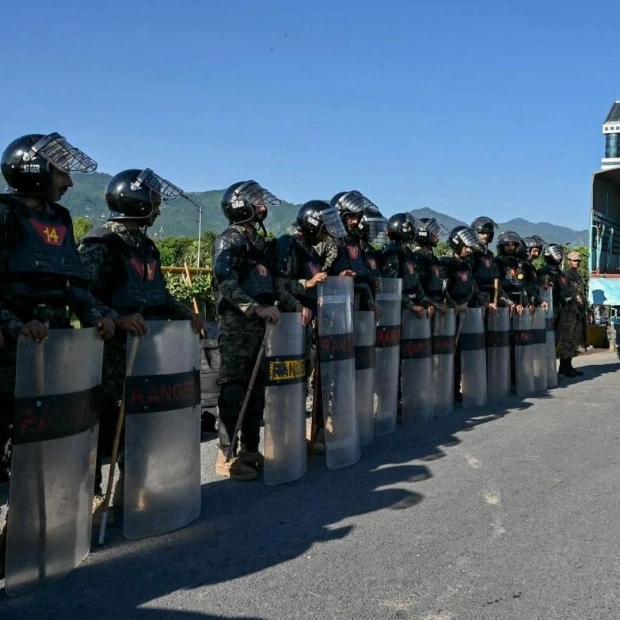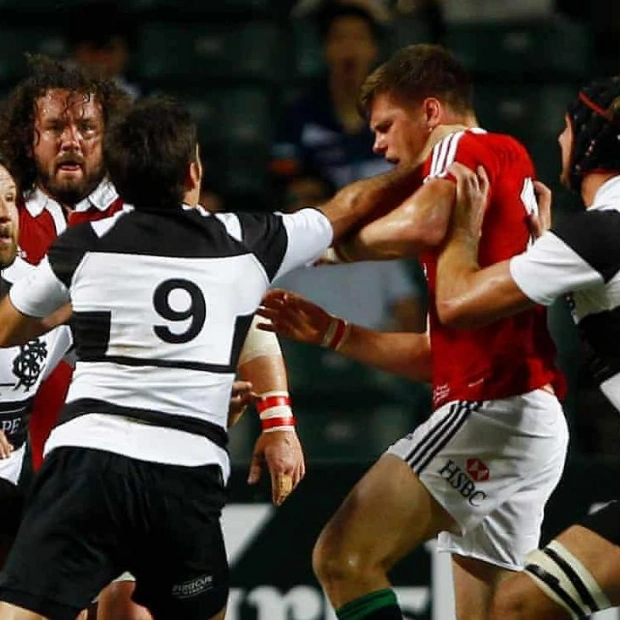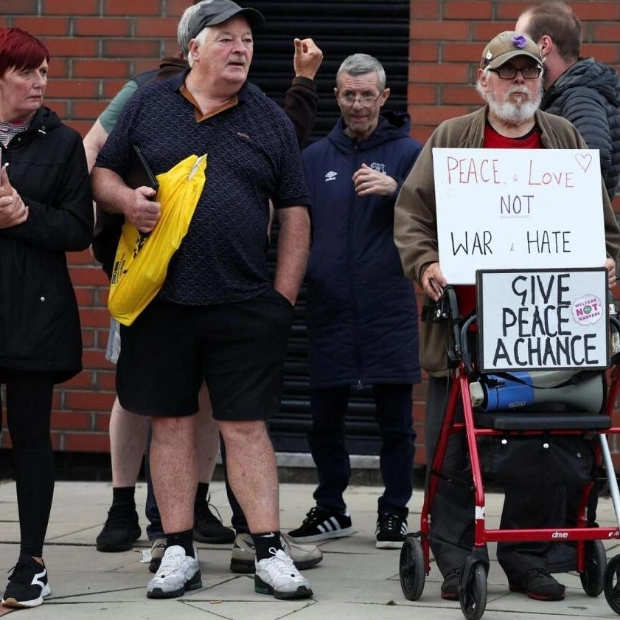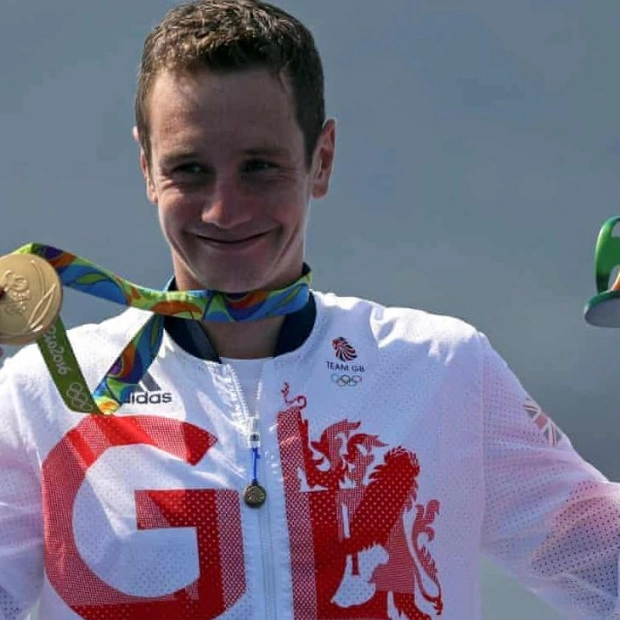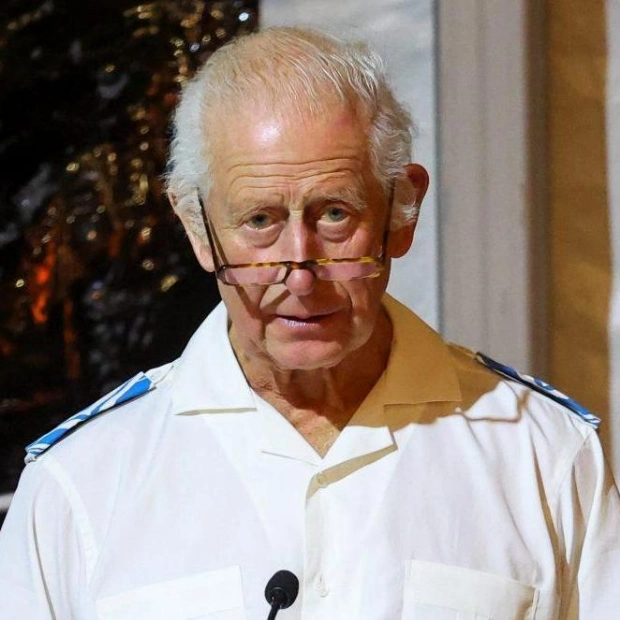“This is great news for our wider region, hopefully now it can turn the page and move forward.” Steve Rotheram, the Liverpool city region mayor, expressed these sentiments, sounding like a silk-hatted mayor from a Batman film addressing a cheering crowd before being garrotted by a colorful maniac. On this occasion, however, the enthusiasm feels entirely justified. The recent confirmation of Everton’s takeover by the Friedkin Group truly feels like a rare piece of good news for the club, the city, the league, and everyone involved.
Admittedly, given the tumultuous past, the bar for good news is set very low. The Friedkin Group is a legitimate business with offices and a bank account. Dan Friedkin manages a sharp-teethed global company dealing in understandable assets. He appears sane and competent, which feels like progress. True, this is the same ownership that appointed José Mourinho at Roma, but there is no evidence that the same individuals will run Everton’s football operations. Appointing Mourinho seems to be a phase owners must go through, akin to teenagers listening to death metal. At the very least, appointing Mourinho once means there is zero chance of doing so again.
For many supporters, there will be a sense of disbelief. After years of uncertainty, opportunists, and vulture capitalists, there is now a real prospect of Everton moving into a new stadium, with manageable debt, and being run by competent adults. Everton should be a fun club with a good fanbase and a realistic sense of its potential. Perhaps, just perhaps, this will all work out.
Sean Dyche, however, might become the ghost at the feast amidst all this hope. His contract ends in June, and new owners often prefer new faces. Dyche has played a crucial role in stabilizing the club over the last 20 months, keeping the team afloat when it could have easily collapsed. Personally, I admire Dyche’s presence and style. He has kept Everton in the Premier League despite challenges, and he deserves recognition for his efforts.
Everton has been struggling this season, but Dyche’s tactics have shown resilience. Despite the team’s issues, Dyche’s Everton has won 23 games, mainly against select opponents. Survival has been a pragmatic exercise, both funny and necessary. Dyche’s future at Everton seems uncertain, but his brand is strong. He could easily transition into a media career. The broader narrative is the decline of traditional British managers like Dyche, who focus on high-contact defending. Dyche’s tactics have taken Burnley to Europe, and defensive organization remains crucial in football.
Dyche is a Good Football Man, focusing on doing the job rather than personal branding. He brought stability to Everton during crisis years, preventing the club from drifting into disarray. At the very least, he deserves acknowledgment as a key part of Everton’s recovery. In the future, there might even be a Dyche Bar or a Dyche footbridge, and perhaps a bit of fond nostalgia for those moments of living dangerously.
